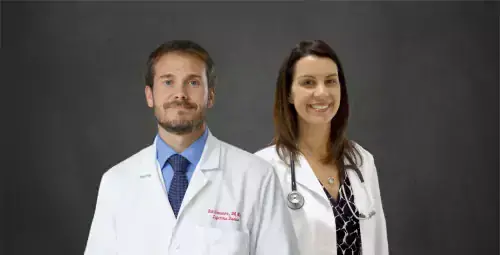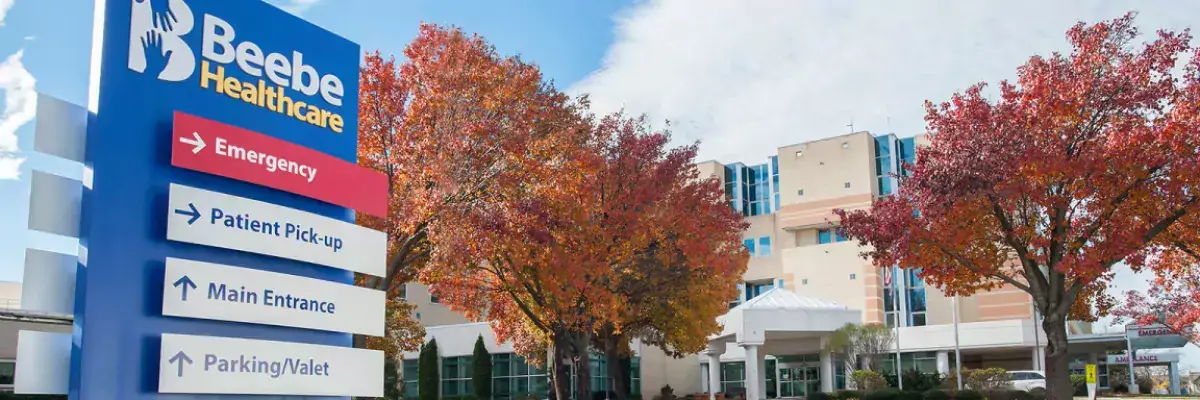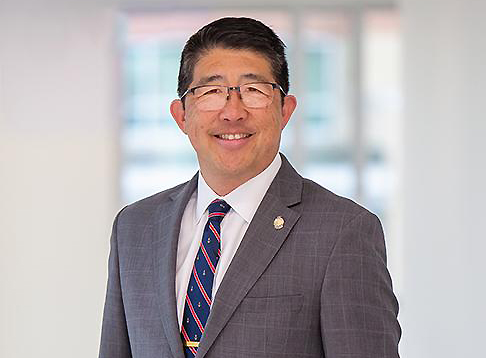It’s Important to Monitor Symptoms in Children

Acute Flaccid Myelitis (AFM): Polio-like virus that could affect higher numbers of children in 2020
By William Chasanov, DO, Beebe Infectious Disease & Travel Medicine and Nicole Ryan, MD, Beebe Pediatric Neurology
Acute flaccid myelitis (AFM) is a rare polio-like neurologic condition that typically affects children. Since it was first recognized in 2014, there has been an increase in the number of cases in even-numbered years, which could mean higher case numbers expected this year (2020).
The peak typically occurs in late July to early August but can continue through the late fall. As of July 31, 2020, there have been 16 confirmed cases of AFM in the United States. None of these children have been in Delaware but neighboring states have had cases reported. Since the Centers for Disease Control and Prevention (CDC) started tracking AFM in 2014, there have been a total of 633 confirmed cases nationwide.
The CDC recently sent out an alert on AFM due to the expectation of higher numbers of cases this year. With COVID-19 still causing illness and hospitalization there is a concern that parents may delay taking their children to the doctor’s office or hospital. It is extremely important to recognize possible symptoms of AFM so a child can be evaluated and treated as rapidly as possible.
AFM is believed to be caused by specific strains of a virus, most commonly Enterovirus D68 and Enterovirus A71. Another virus, Coxsackievirus A16, has been reported in one case of AFM. Strains of enterovirus and coxsackievirus are very common and tend to cause respiratory and gastrointestinal symptoms but only a very small number of those infected will develop AFM.
Understanding the Symptoms
Children are more likely to develop symptoms than adults.
AFM is a serious illness that can lead to life-long paralysis and even death, especially if there is a delay in diagnosis and treatment. Usually, patients develop respiratory symptoms and/or a fever about one week before developing weakness, sometimes associated with pain.
The weakness may be seen in a child as difficulty raising the arms or rising from the floor/seated position. It is important to seek medical care if you or your child develop muscle weakness, drooping of the face or eyelids, difficulty moving the eyes, or trouble speaking or swallowing. Your doctor may note decreased reflexes in the legs and arms. The ability to breathe can be affected in AFM and 25% of patients need to be placed on a ventilator to support breathing as they recover.
At this time, there is no cure for AFM but symptoms can be improved with use of a medication called IVIg which is administered in the hospital. Many children do recover fully or have minor residual symptoms. Rarely, a child can continue to have severe lifelong disability.
The same precautions to avoid COVID-19 also help prevent AFM, including washing hands often with soap and water, avoiding close contact with those that are ill, and attempting to decrease touching your face. Cleaning and disinfecting frequently touched surfaces (including toys, tables, door knobs) can help decrease the spread of viral infections.
Talk to your family and children about AFM and make sure any limb weakness is reported immediately so you can take action and seek treatment. Additional information can be found at www.cdc.gov/acute-flaccid-myelitis.
William Chasanov, DO, is board certified in internal medicine and infectious disease. He serves as the Clinical Transformation Officer at Beebe Healthcare. He also sees patients in the hospital at the Margaret H. Rollins Lewes Campus and at Beebe Infectious Disease and Travel Medicine. He received his medical degree from Philadelphia College of Osteopathic Medicine in 2007, and completed his internal medicine residency at Christiana Care Health System in 2010. He received his MBA from University of Delaware in 2011. Dr. Chasanov completed an infectious disease fellowship at Cooper University Hospital, in Camden, New Jersey, in 2015.
Nicole Ryan, MD, is a pediatric neurologist with Beebe Pediatric Neurology in Lewes. She is Board Certified in Neurology with Special Qualification in Child Neurology and Board Certified in Epilepsy. Her scope of practice includes patients under the age of 18 with epilepsy, headaches, tics, autism spectrum disorders, concussion, developmental delay, and other neurological conditions. She earned her medical degree from Albert Einstein College of Medicine in New York and received her undergraduate degree in psychology from Cornell University. She completed her training as a child neurology resident and epilepsy fellow at the Children’s Hospital of Philadelphia and spent six years as an attending physician and Assistant Professor of Neurology and Pediatrics at the University of Pennsylvania, treating pediatric neurology patients in the inpatient and outpatient settings.



